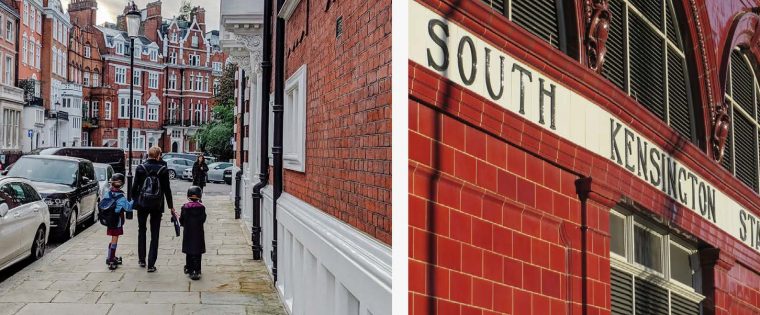Community engagement commitment key to connected society, Localis toolkit indicates

Independent think-tank Localis has today published a policy toolkit setting out how councils should seek to work with their communities to make residents feel pride in their place.
Entitled ‘The Connected Society’ the practical study draws on the experience of Kensington and Chelsea Council’s efforts to transform how they increase participation of local people in the wake of the COVID-19 pandemic by improving citizen engagement.
The toolkit sets out concrete examples of how Kensington and Chelsea’s service teams have committed to undertaking more relational approach to engagement, one that is not afraid to strike an emotional connection in dealing with everyday matters.
Examples of how this has been used to good effect in Kensington and Chelsea include provision of pocket parks and the consensual development of al-fresco late-evening dining across the borough.
Designed as an aid to council officers and elected members alike, the policy options outlined in the toolkit set out practical steps to enhance community engagement through better understanding and internalising of the process and practice.
Localis chief executive, Jonathan Werran, said: “How citizens and communities identify with their local area is notoriously tricky to grasp. In the immediate policy context, the government’s Levelling Up White Paper has used the rhetoric of ‘pride in place’ – a helpful springboard.
“And if there is to be any true value from our experience from lockdown and recovery, it lies in making copper-bottom sure that the spirit of community we have seen in the crisis, and the new opportunities of technology to make a more connected society, are rigorously and ruthlessly followed up for the sake of improving people’s lives everywhere.
“The Connected Society, therefore, represents an early attempt to marry an understanding of levelling up theory with the practice of community-led placemaking on the streets, the alfresco dining areas, in the pocket parks and among the diverse communities of Kensington & Chelsea. It is to be hoped that there is much in this policy toolkit that can be learned and adapted to in different places and circumstances.”
Localis researcher, Callin McLinden, said: “Relational governance that engages residents is becoming more widely practiced across English local government – to some wonderful results. The Connected Society breaks down consultation and engagement at the local level; how it should be understood, internalised, and practiced by local authorities, through the lens of Kensington & Chelsea’s recent experiences.
“Moreover, by situating engagement in the context of current government policy, as well as investigating relevant discourses on engagement, civic pride, trust and the like, The Connected Society is a unique toolkit with contemporary relevance to the evolving levelling up agenda.”
Cllr Elizabeth Campbell, leader of Kensington and Chelsea Council, said: “Right across the country, better decisions are made when Councils and communities work together to tackle problems and make the most of local opportunities.
“Here in Kensington and Chelsea, we are striving to be the best council. This is our response to a direct challenge given to us by the bereaved families and survivors from Grenfell. That means not only working with communities to decide what happens on their doorstep, but focusing hard on the manner and way we work with communities.
“We want to be authentic in our consultation and engagement, where people see real action from the feedback they give us, and we want to demonstrate every day that we care about the people we serve.
“This Connected Society report provides evidence of how we are putting all this into action, but also provides the start of a blueprint for others to do the same. My hope is the council I lead can help to guide and improve other authorities nationally. This would be a true and meaningful legacy to Grenfell.”
A copy of the policy toolkit can be downloaded here:
